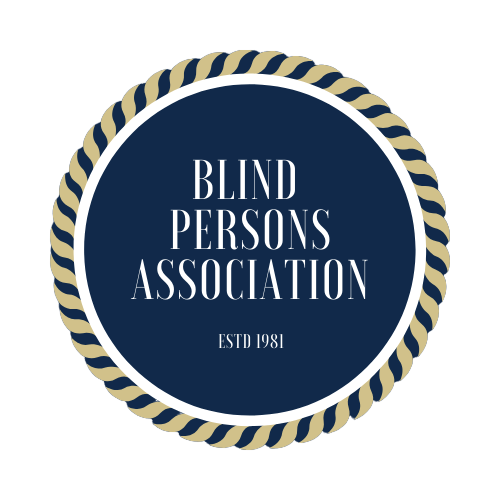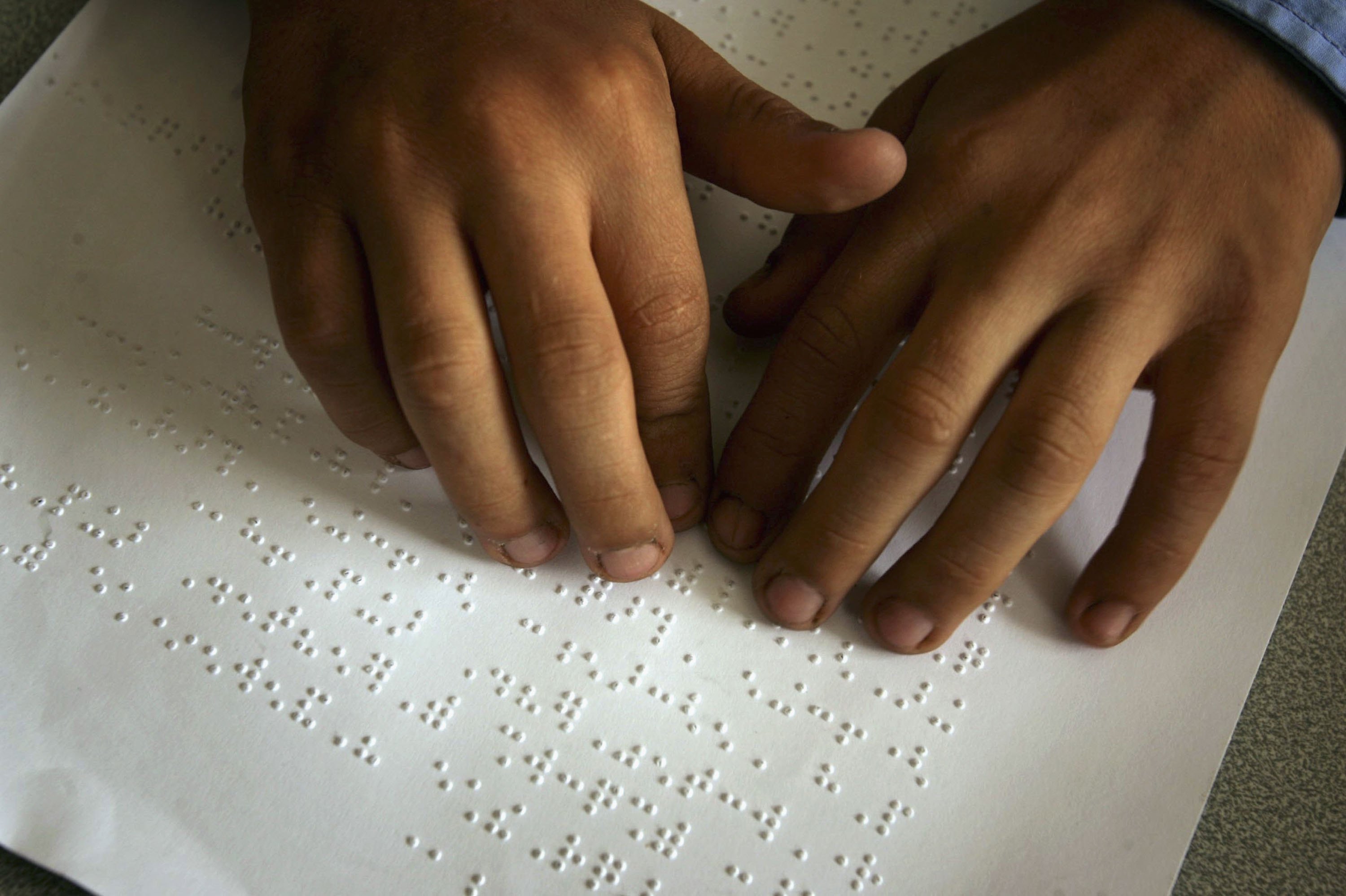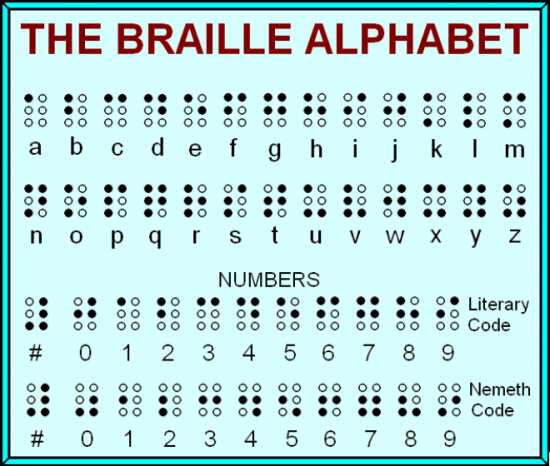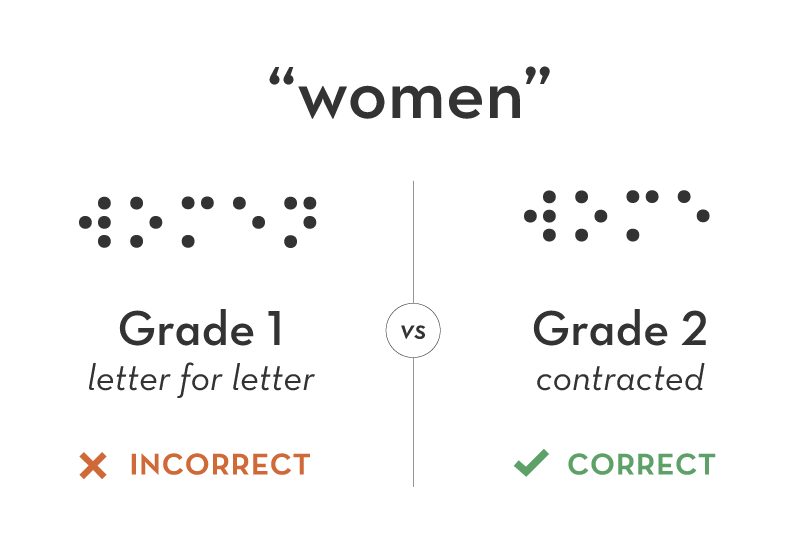- +91-95604-34635
- [email protected]
- Flat # 586, Sector 13 - A, Dwarka, New Delhi - 75
Misconceptions About Learning and Reading Braille
You must have heard about Braille, the script that visually impaired use to learn and communicate. We know that Louis Braille invented it. But what else we know?
And is that information correct?
So let me take you through few of such myth and followed will be the myth busters.
Myth: Braille is the language of the blind.
Myth buster: Braille is a script and not a language. It's just a way to write. You can take it say it , I'm not writing in "braille language" but in English.
2.
Myth buster: This is the next misconception we have. Braille has a fixed pattern of dots that represents each alphabet. Something like a dice. It's not the number of dots but the arrangement that tells the reader, which letter it
3.
Myth: Braille has only alphabets.
Myth buster: So wondering is Braille only about alphabets? What about the numbers? Dose Braille has something for the maths geeks? Yes it has.
Dr. Abraham Nemeth, a professor of Mathematics at Michigan, developed a Nemeth code, which enables the visually impaired to do all the maths, easily. There are a variety of material that aids maths learning for blind community. Rulers, protractors, calculators, they all have letters in Braille. Stunning, isn't it!
4.
Myth: Reading Braille might be a slow process.
Myth buster: If you have thought so, you are mistaken. Normal person can read at 200-250 words per minute. Some of the braille readers can read with better speeds, and complete a book faster than you do.
5.
Myth: Braille is the same all over.
Myth buster: Not all the braille is same. There is a concept of Grade 1 braille and Grade 2 braille. Grade 1 refers to a simpler version, where as Grade 2 Braille is for proficients.
6.
Myth: Every visually impared person can learn and use braille.
Myth buster: That's not correct. For a person to use Braille, he or she should have strong tactile sensitivity, if they lack it, they will have to rely on audio.
Do you find these myth busters worth sharing? I am sure you would love to pass on these quick facts to your friends.





